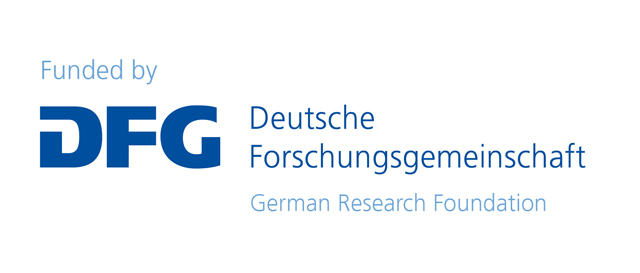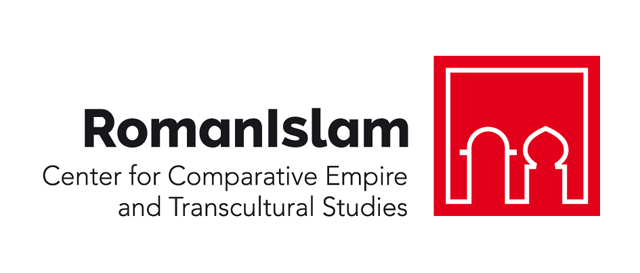Research Objective
A comparative study of empire, approached by transcultural assimilation processes in what was historically a close-knit region – the western Mediterranean – through the example of the Iberian Peninsula and North Africa is to be the substance of research. The region forms part of larger political, economic, and religious structures of western Europe and West Africa. The period for research is the first millennium, the so-called Long Late Antiquity, which also encompasses the Early Islamic period.
The RomanIslam Center will connect debates concerning fundamental research issues, methodology, and positions in the field of Romanization and Islamication that have long been conducted parallel to one another in separate disciplines. It will also generate new empirical information for the research fields. From its thematic compass of the western Mediterranean, it will contribute new models and theories to the field of transcultural and comparative empire studies. This combination of approaches has the potential to remedy contemporary associations of Romanization and Islamication as “pre-modern forms of colonization.” In turn, current theories and models on transculturality and empires can be tested for their relevance to the historical and geographical focus of this project. The discourse-oriented format of the Humanities Center, with its interplay between the research of the core group of researchers and that of an international fellowship program is extraordinarily suited to reanimate global discourse in this field.
- Academic Year April 2020 - March 2021: Imperial Structures and Representations
- Academic Year April 2021 - March 2022: Imperial Religion versus Local Beliefs
- Academic Year April 2022 - March 2023: Transforming Cities
- Academic Year April 2023 - March 2024: Architecture and Materials of Prestige


